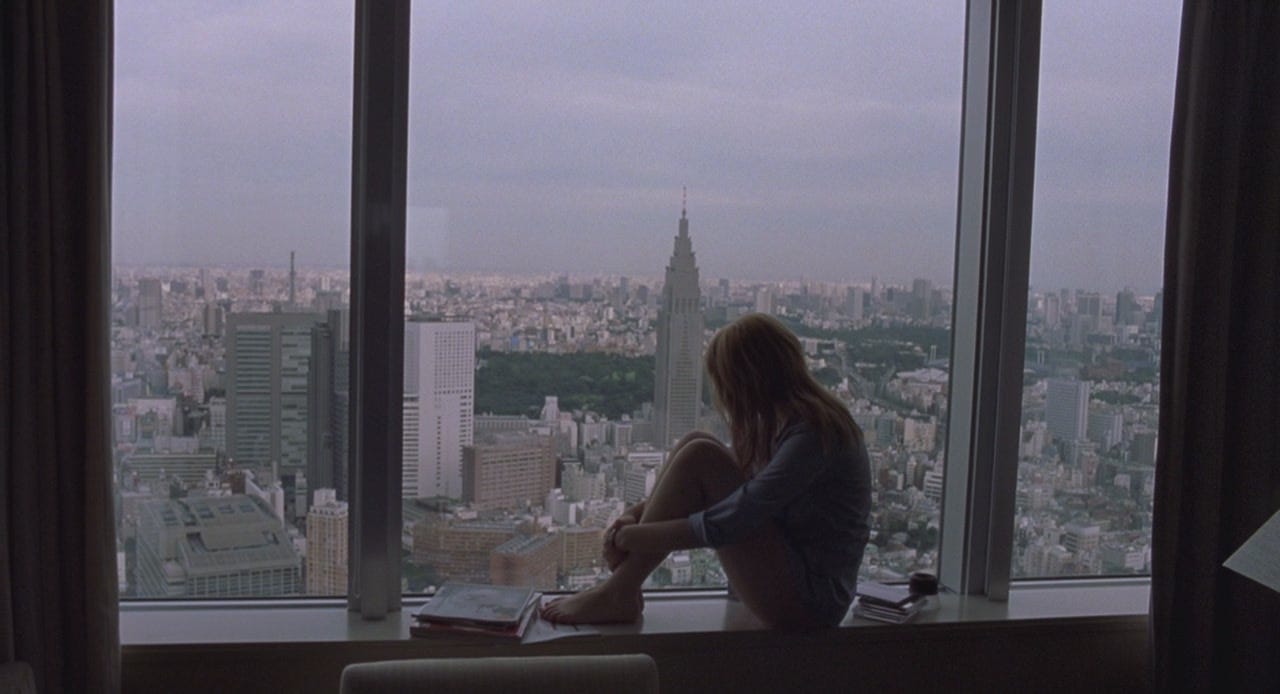
You won’t find what you’re looking for out there Scarlett.
In my wonderful twelve months as an ex-pat in Tokyo, Lost in Translation hardly ever crossed my mind. By 2003 I was already fortunate enough to have visited Japan multiple times. To boil down a centuries-old complicated relationship into a few words: as the son of Taiwanese immigrants I grew up with an appreciation for Japanese craftsmanship and art as well as a constant reminder of the historical atrocities committed by the former Japanese Empire on my ancestors.
I told myself I moved to Japan because of Haruki Murakami, the Setouchi Art Islands and Highballs in smoky claustrophobic jazz lounges. I had studied the language, understood its history, and even spent weeks working with local artists in the remote countryside before business school. I didn't believe I had any similar motivations to the oblivious white Americans played by Bill Murray and Scarlett Johansson. (Let's not pretend we call these characters by anything but their actor's names)
What I didn't tell myself was that Tokyo offered me the same tantalizing escape that Bill and ScarJo craved. Like the two, I was running away from a troubled relationship and a loss of identity. I thought an ocean away from my then-girlfriend and a new life as a legendary Tokyo Insider would quell the existential dread swirling deep within me. I broke up with her via facetime and started slowly putting hundreds of Google Map pins of secret bars, restaurants, and clubs, hoping each discovery would give me the satisfaction I needed.
A year later, I found myself back in California re-watching Lost in Translation for Episode 17 of our podcast. My frequent collaborator Trung Phan wanted to bring his friend Deirdre Bosa on the podcast to talk about our expat experiences up and down the Asian coast. To my surprise, Lost in Translation was the only movie with any cultural presence that fit the bill.
As I texted live thoughts to my friend Stephen, he pointed out how the movie couldn't work without ScarJo's character. While I initially focused on the cynical melancholy and world-weariness expertly played by Bill Murray, I realized that ScarJo's character was so mundane to me because of how superbly she summarized Millennial Existential Dread™. I had seen her pursuit of meaning through the boozy haze of cramped karaoke dens and empty Zen Buddhist temples in a dozen Hollywood characters, if not a million Instagram stories. In 2003, Bill Murray could have had a midlife crisis in any major metropolis in the world, but ScarJo helped us young and impressionable Millenials choose Tokyo as our existential escape.
In other words, Scarlett Johansson made Lost in Translation the perfect millennial sales pitch for Japan.
Tokyo's wonder for Western eyes comes from its homogeneity and unwillingness to cater to Westerners. No other metropolis portals you to another planet while providing first world convenience and safety like Tokyo. That feeling and aesthetic is wonderfully romanticized in the movie. Sophia Coppola fell so in love with her own Tokyo Insider Weekends that she felt compelled to create a post-modern romance about her experience. (Let’s be clear about something: Lost in Translation is a movie about Americans figuring themselves out, thus Japanese culture is not portrayed with nuance through their oblivious eyes.)
Although major efforts were undertaken in the last few years to embrace English as a second language, Tokyo's notoriously slow uptake makes everything feel more difficult. Progress on trivial tasks from understanding an exercise bike to ordering at a restaurant imbues the gaijin with a wonderful sense of accomplishment. Naturally, when you find another lost soul struggling in these foreign waters, you tend to gravitate towards each other.
6 months into my residency in Tokyo and after countless nights stumbling home and watching the sun rise over Shibuya from my apartment window, I realized I had lived dozens of Lost in Translation weekends— meeting new and old friends at chic secret living rooms converted into bars, jumping around small clubs in Dogenzaka, and ending the night with karaoke and ramen. Every other weekend someone's friend would arrive from the West, eager to experience their own magical Tokyo night, contemplating their own existence as they looked out from the taxi into the ever-crowded neon-bathed streets. I had become, for all intents and purposes, Scarlett’s Charlie Brown. I became an expert at showing my lost brethren that they too could fill their emptiness in this photogenic adult playground.
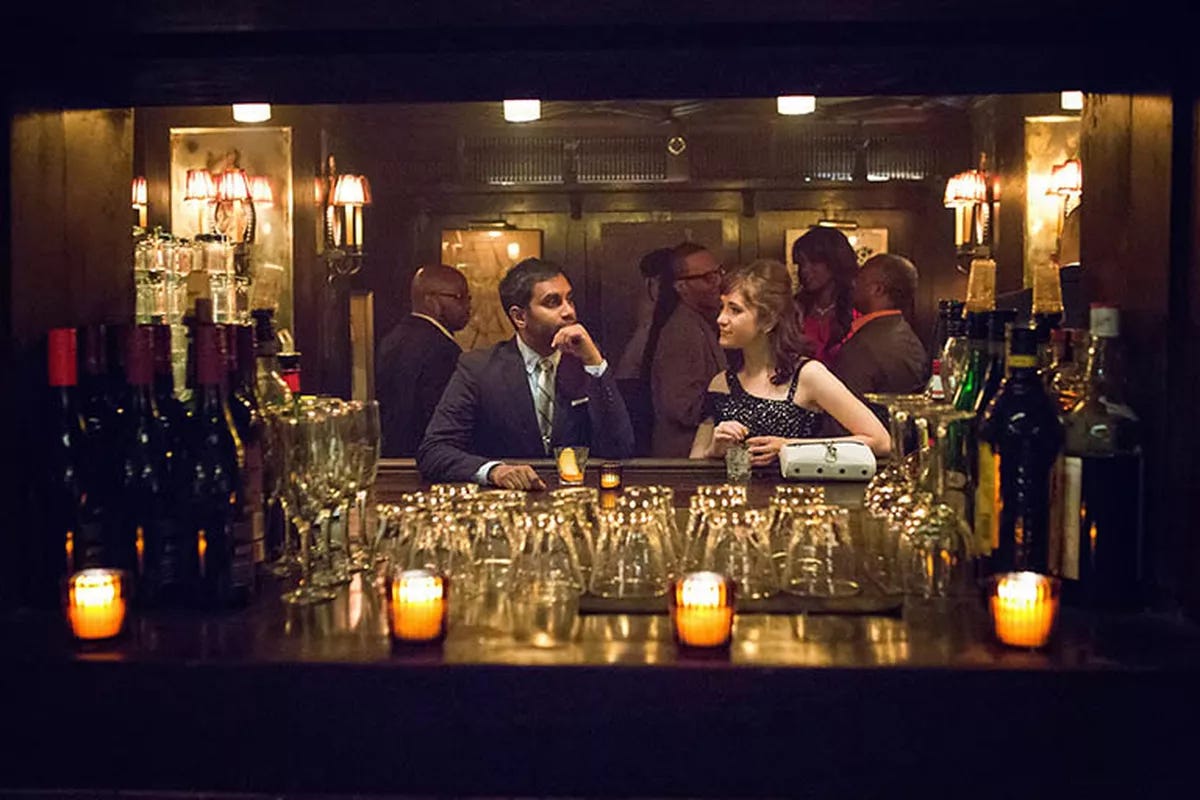
Aziz's girlfriend in Season 1 of Master of None definitely identified with Lost in Translation
Where the movie does feel dated is the inability for these purported "cultured" Americans to take initiative and explore Tokyo on their own. The characters spend a ridiculous amount of the movie moping around in their luxurious Park Hyatt hotel. ScarJo today would have come to the city with a full agenda, dragging her photographer husband to capture her own alluring snapshot of Shibuya Crossing, Golden Gai, and Omoide Yokocho to post on her 5 figure follower Instagram. ScarJo would've never met Bill either, likely relying on Tinder to swipe her loneliness away when her husband is gone “ on assignment”. Of course if they had met today, Bill's jaded self would've seen through ScarJo's slim facade and recognized that her faint ennui masks a lack of depth—he would've dealt with the same bullshit from countless other similar girls in LA. But in 2003, ScarJo's proto-manic-pixie-dream-girl was fresh and new.
The secret to Tokyo is this: No one, and certainly not any outsider, will have enough time to with the city for it to lose its luster. But that magical feeling alone won't help you fill the void inside. ScarJo and Bill are haunted by two different voids: Scarlett is paralyzed by choice— shown so many potential lives that she doesn’t know which to choose— while Bill suddenly fears most of those unopened doors are now closed forever.
Looking back, Lost in Translation truly is a coup for Tokyo's tourism. In leaving the ending up for our own interpretation, the movie allowed a generation of dreamers hungry for meaning to fill in their own blanks. Search the back alleys of Shimo-kitazawa, Nakameguro, and Koenji, open a random door to a moody record bar and you can still find some lonely souls trying to find the answers to the questions they left back home.
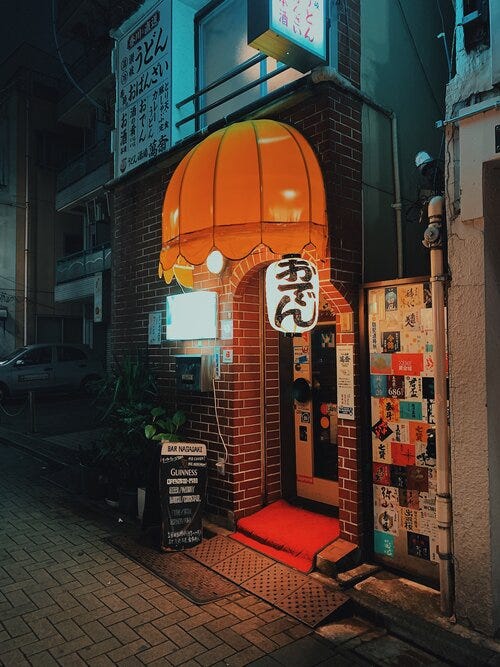
I found no answers here. Only alcohol and oden.
Further Reading:
If you’re curious what the director is telling Bob Harris— this clip has subtitles






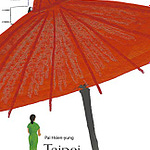




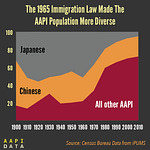

A Post-Millennial revisit of Lost in Translation